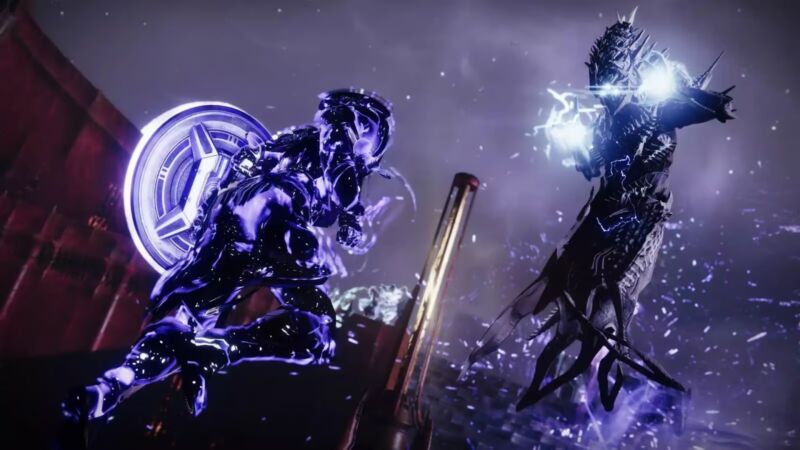My proof of COVID-19 vaccination is recorded on an easy-to-forge paper card . With little trouble, I could print a blank form, fill it out, and snap a photo. Small imperfections wouldn’t pose any problem; you can’t see whether the paper’s weight is right in a digital image. When I fly internationally, I have to show a negative COVID-19 test result. That, too, would be easy to fake. I could change the date on an old test, or put my name on someone else’s test, or even just make something up on my computer. After all, there’s no standard format for test results; airlines accept anything that looks plausible.
After a career spent in cybersecurity, this is just how my mind works: I find vulnerabilities in everything I see. When it comes to the measures intended to keep us safe from COVID-19, I don’t even have to look very hard. But I’m not alarmed. The fact that these measures are flawed is precisely why they’re going to be so helpful in getting us past the pandemic.
Back in 2003, at the height of our collective terrorism panic, I coined the term security theater to describe measures that look like they’re doing something but aren’t. We did a lot of security theater back then: ID checks to get into buildings, even though terrorists have IDs; random bag searches in subway stations, forcing terrorists to walk to the next station; airport bans on containers with more than 3.4 ounces of liquid, which can be recombined into larger bottles on the other side of security. At first glance, asking people for photos of easily forged pieces of paper or printouts of readily faked test results might look like the same sort of security theater. There’s an important difference, though, between the most effective strategies for preventing terrorism and those for preventing COVID-19 transmission.
Security measures fail in one of two ways: Either they can’t stop a bad actor from doing a bad thing, or they block an innocent person from doing an innocuous thing. Sometimes one is more important than the other. When it comes to attacks that have catastrophic effects—say, launching nuclear missiles—we want the security to stop all bad actors, even at the expense of usability. But when we’re talking about milder attacks, the balance is less obvious. Sure, banks want credit cards to be impervious to fraud, but if the security measures also regularly prevent us from using our own credit cards, we would rebel and banks would lose money. So banks often put ease of use ahead of security.
That’s how we should think about COVID-19 vaccine cards and test documentation. We’re not looking for perfection. If most everyone follows the rules and doesn’t cheat, we win. Making these systems easy to use is the priority. The alternative just isn’t worth it.
I design computer security systems for a living. Given the challenge, I could design a system of vaccine and test verification that makes cheating very hard. I could issue cards that are as unforgeable as passports, or create phone apps that are linked to highly secure centralized databases. I could build a massive surveillance apparatus and enforce the sorts of strict containment measures used in China’s zero-COVID-19 policy. But the costs—in money, in liberty, in privacy—are too high. We can get most of the benefits with some pieces of paper and broad, but not universal, compliance with the rules.
It also helps that many of the people who break the rules are so very bad at it. Every story of someone getting arrested for faking a vaccine card, or selling a fake, makes it less likely that the next person will cheat. Every traveler arrested for faking a COVID-19 test does the same thing. When a famous athlete such as Novak Djokovic gets caught lying about his past COVID-19 diagnosis when trying to enter Australia, others conclude that they shouldn’t try lying themselves.
Our goal should be to impose the best policies that we can, given the trade-offs. The small number of cheaters isn’t going to be a public-health problem. I don’t even care if they feel smug about cheating the system. The system is resilient; it can withstand some cheating.
Last month, I visited New York City, where restrictions that are now being lifted were then still in effect. Every restaurant and cocktail bar I went to verified the photo of my vaccine card that I keep on my phone, and at least pretended to compare the name on that card with the one on my photo ID. I felt a lot safer in those restaurants because of that security theater, even if a few of my fellow patrons cheated.
This essay previously appeared in the Atlantic .
chevron_right

